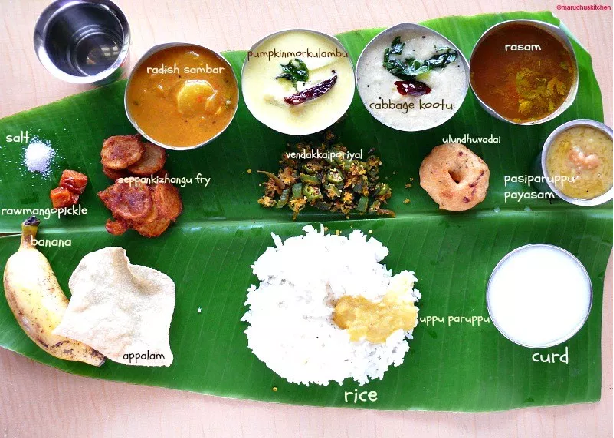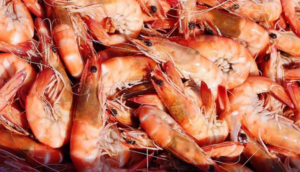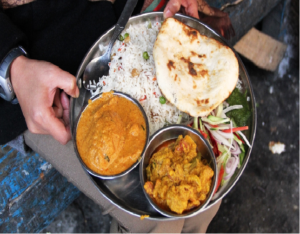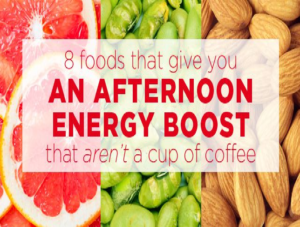Polished white rice
It is not a well-known fact that the common polished rice which is called as ‘white rice’ by many is a fairly modern phenomenon. Many Tamilians remember the trend in which white rice quickly overtook varieties of unpolished rice for the sake of its perceived quality as well as its neutral taste. The fact is that polished rice cooks faster than unpolished rice and also complements many of the traditional accompaniments for rice like Sambar and Rasam. The best known Tamil version of polished rice is Ponni rice. The Andhra version is Sona Masuri rice. Polished rice is however bereft of some key rice nutrients.
Brown rice
In Madurai, you can find a type of brown coloured rice called as Kai KuthalArisi which means hand pounded rice. The morsels of this rice are larger and chewier, resembling Arborio rice used to make Risotto in Italian cuisine. The key difference is that only the outer shell of the rice paddy is removed, such that the bran remains intact. It provides no variation in calorific value but makes a big difference in important nutrients like Vitamin B6, Niacin, Phosphorous and Magnesium. The low Glycaemic Index of the rice makes it ideal for diabetics. But it takes slightly longer to cook. This rice is very good with Rasam, Sambar and also to make Idly/ Dosa batter.
Palakkad Matta rice
This rice is grown mostly in Palghat region of Kerala, very near the Tamil Nadu border. This rice represents the traditional Kerala varieties of par-boiled rice or red rice. This coarse variety of red rice is rich in Magnesium, Calcium and Vitamins. Nutrients are retained in the ‘par boiling process.’ This rice is also used in Sri Lanka. It can be used in rice based dishes like Appams and Idlis.
Biryani rice
The Biryani cities of South India have rice in common-small grain fragrant rice. Rice called as Seeraga Samba rice is the main ingredient in Dindigul-style Biryani. This rice derives its name from Jeera(known in Tamil as Seeragam) because the small, ovular grains have a strong resemblance to cumin seeds (jeera). This rice is cultivated mostly in the Samba season (usually August to January) and used for making veg biryani in tamil cuisine. This rice is also widely used in making the traditional Biryani of the Malabar region of Kerala. Here it is called as SeeragaSala rice or Kaima rice. Majority ofsmall grain fragrantvarieties tend to be polished rice, lacking nutrients found in brown rice.




